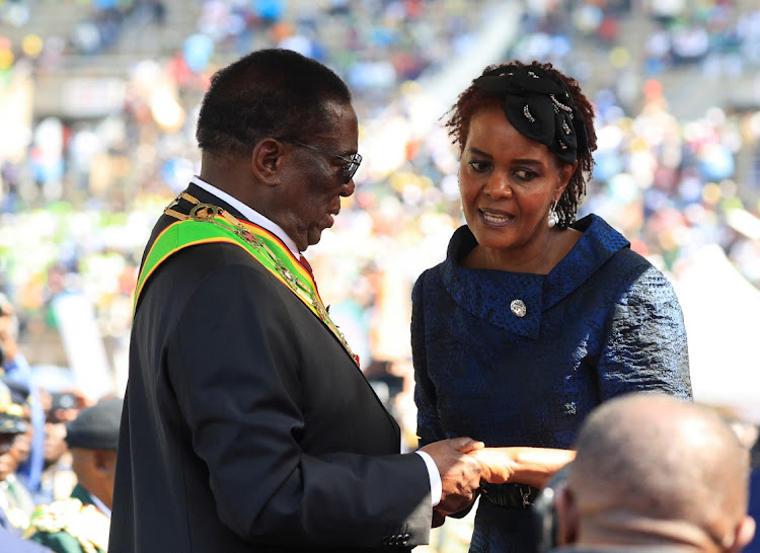 The harmonised general election is over. Any continuing chatter or narratives about “fresh elections scaffolded by foreigners”, or a “National Transitional Authority” [NTA] also facilitated by foreigners, is a self-indulgent pipe dream bordering on hot air.
The harmonised general election is over. Any continuing chatter or narratives about “fresh elections scaffolded by foreigners”, or a “National Transitional Authority” [NTA] also facilitated by foreigners, is a self-indulgent pipe dream bordering on hot air.
This follows the oath-taking and the assumption of office by the winners of the local election, parliamentary election and presidential election, which together makeup Zimbabwe’s harmonised general election in that they are held concurrently every five years.
CCC won and has taken control of the overwhelming majority of the country’s 34 urban councils; while ZanuPF won and is in charge of the majority of Zimbabwe’s 92 local municipalities to bring the 2023 local authority election to an end; further, ZanuPF won a commanding absolute majority in Parliament to take full control of both the National Assembly and the Senate, with seats whose numbers approximate a two thirds majority in the bicameral Parliament; and lastly ZanuPF also won the presidential election with a clear majority well beyond the 50% plus one vote threshold.
To say the 2023 harmonised general election is over specifically and necessarily means that the question of the legitimacy of the election has been settled beyond reasonable or rational debate. There’s no challenge to the legitimacy of the election in any competent court of law.
What now remains are post-mortems of the harmonised general election, which include but are not limited to final reports of local and international election observers most of which are still pending.
The pending post-mortems are not and cannot be about determining or deciding the legitimacy of the harmonised general election, but about unmasking how the election was actually conducted and, in the words of a recent “Reflection Meeting for Bishops” held by the
@zccinzim, “to dissect what went well, what did not go well and what needs to be done,” in the next election to improve on what did not go well this time round.
The more the election post-mortems, the merrier for the development and maturity of Zimbabwe’s body politic.
What needs to be underlined and understood is that the 2023 harmonised general election is over and its legitimacy has been settled.
The prerequisite for understanding this proposition is the understanding of what an election is.
This is because it is common in Zimbabwean public discourse to encounter bambazonke approaches to electoral politics.
Instead of elections being taken for what they are, dominant Zimbabwean approaches tend to load elections with every imaginable issue or problem under the sun.
Somehow, the common narrative has come to be that an election should be a solution to every and all problems or challenges facing the country.
For many others, an election must be won by their political party or presidential candidate, failure of which the election is invalid and illegitimate by definition.
And for others who view politics through a self-indulgent bifurcation of “good guys” versus “bad guys”, an election is legitimate only if it is won by the “good guys”.
Yet others say an election is about “political reforms”, wherein the “reforms” are not neutral principles and guidelines with general application to enable anyone to win, but are synonymous with the political manifesto or agenda of their favourite political party or presidential candidate.
Continued next page
(137 VIEWS)

